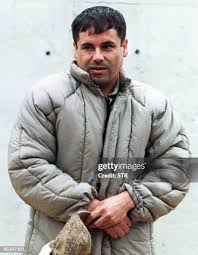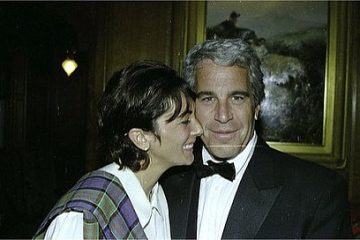The Life and Legacy of El Chapo: A Notorious Drug Lord

Introduction
The name Joaquín “El Chapo” Guzmán is synonymous with drug trafficking and organised crime. As the former leader of the Sinaloa Cartel, his life story and criminal operations have captured global attention, illustrating the complexities of drug-related crime in modern society. The importance of understanding El Chapo’s impact extends beyond mere fascination with crime; it spans into issues of public health, law enforcement challenges, and international relations, making his story crucial for both historians and policymakers.
The Rise of El Chapo
Born in 1957 in the rural mountains of Sinaloa, Mexico, Guzmán began his criminal career in his youth. He climbed the ranks of the drug trade in the 1980s and eventually took control of the Sinaloa Cartel, one of the most powerful drug trafficking organisations, in the late 1990s. Under Guzmán’s leadership, the cartel expanded its operations to various regions, trafficking cocaine, heroin, methamphetamine, and marijuana to the United States and worldwide. His innovative methods of smuggling and distribution, along with ruthless violence and corrupt ties to officials, propelled his wealth and power.
Arrests and Escapes
El Chapo’s life has been characterised by a series of dramatic arrests and escapes. He was first captured in 1993, serving a lengthy prison sentence before escaping in 2001. After more than a decade on the run, he was recaptured in 2014, only to escape again in 2015 through an elaborate tunnel system dug beneath the prison. His eventual recapture in January 2016 led to his extradition to the United States
The Trial and Sentencing
In 2019, Guzmán was put on trial in New York, where he faced multiple charges of drug trafficking, money laundering, and involvement in organised crime. The proceedings revealed shocking details about the cartel’s operations, including bribery of officials and brutal acts of violence against rivals and informants. On July 17, 2019, he was sentenced to life in prison without parole, marking the end of his notorious reign.
Conclusion
The story of El Chapo serves as a stark reminder of the ongoing battle against drug trafficking and its far-reaching impacts on society. His legacy continues to influence various sectors, from law enforcement to social policy. As countries around the world grapple with drug-related crime and addiction, understanding the dynamics of figures like El Chapo is crucial for developing effective strategies to combat these issues. With his imprisonment, many are left to ponder the future of the Sinaloa Cartel and the potential rise of new drug lords in a perpetually evolving landscape of organised crime.









